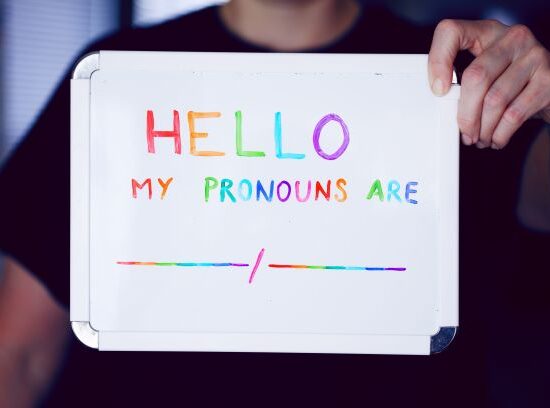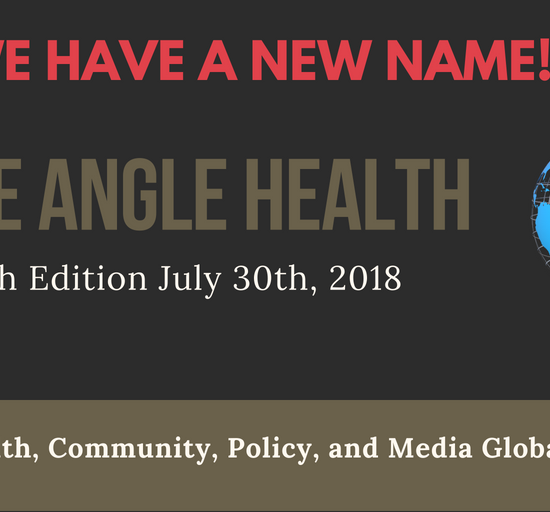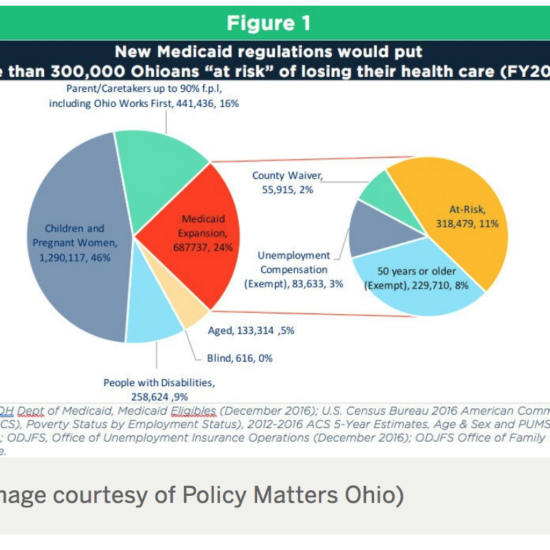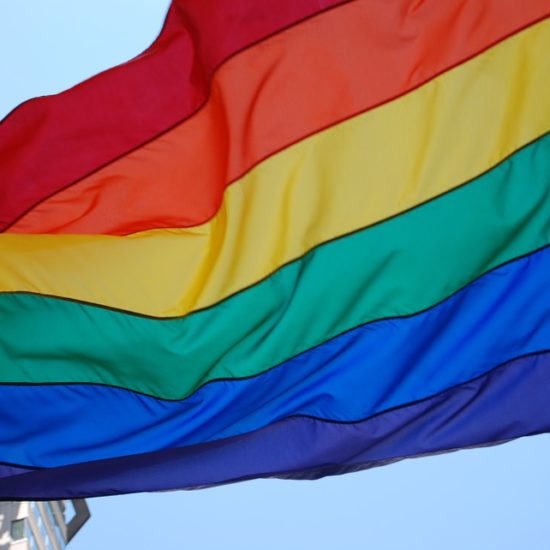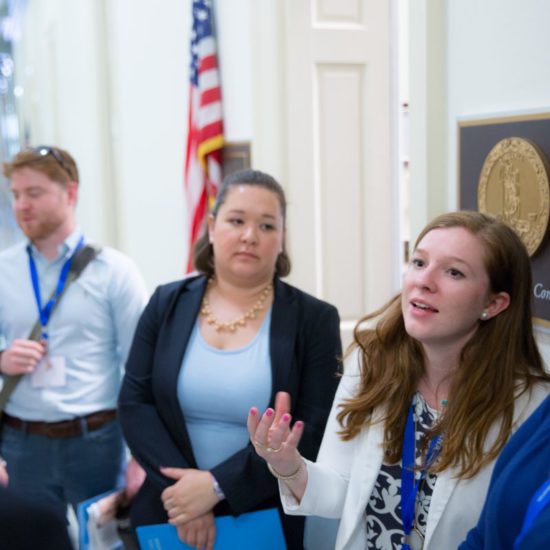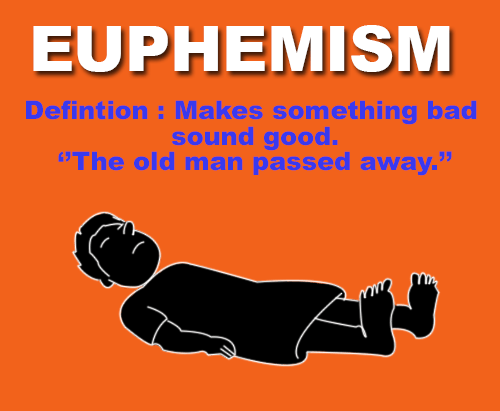The American Health Care Act, the proposed Republican health plan, would deal a major blow to Medicaid funding for the states. The Congressional Budget Office projects that if it passes, Medicaid cuts will total about $800 billion over the next decade, and leave 24 million more people uninsured—including many in the LGBT community.
Under the ACA, health plans cannot refuse coverage based on pre-existing conditions, such as HIV, substance abuse, or a transgender medical history. There are non-discrimination protections based on sex, which include gender identity and sex stereotypes, in any health program receiving federal funds (including Medicaid and in state marketplaces). This also includes sexual orientation.
The Center for American Progress found that among lower-income LGBT individuals (making between $15,000 and $22,000 annually), the uninsured rate dropped 18 points since the ACA’s Medicaid expansion.
Luna Hernandez is among those benefitting from enhanced Medicaid coverage. She is a transgender woman who receives care through Community Health Center, Inc. in Middletown, Conn. Thanks to the Center’s Project ECHO program, an education program for safety-net providers, Luna’s care team knows more about prevalent health issues among the transgender community and understands how to best interact with their patients.
Luna discusses her struggles and triumphs, her focus on staying healthy and the importance of the care CHC provides. I also speak with Wanda Montalvo, PhD, an advanced practice nurse at the Weitzman Institute the policy arm of CHC that oversees Project ECHO, about what the real-world ramifications of Medicaid funding cuts mean to vulnerable populations.
In celebration of Pride Month, this HealthCetera show produced by Liz Seegert was reposted. It previously aired in March 2017.





